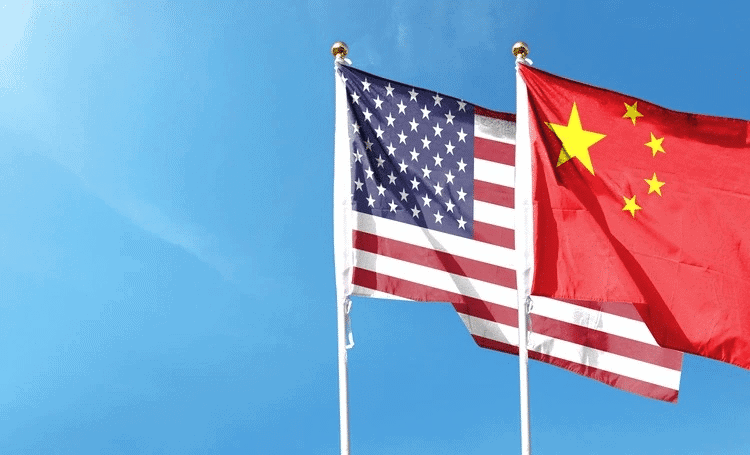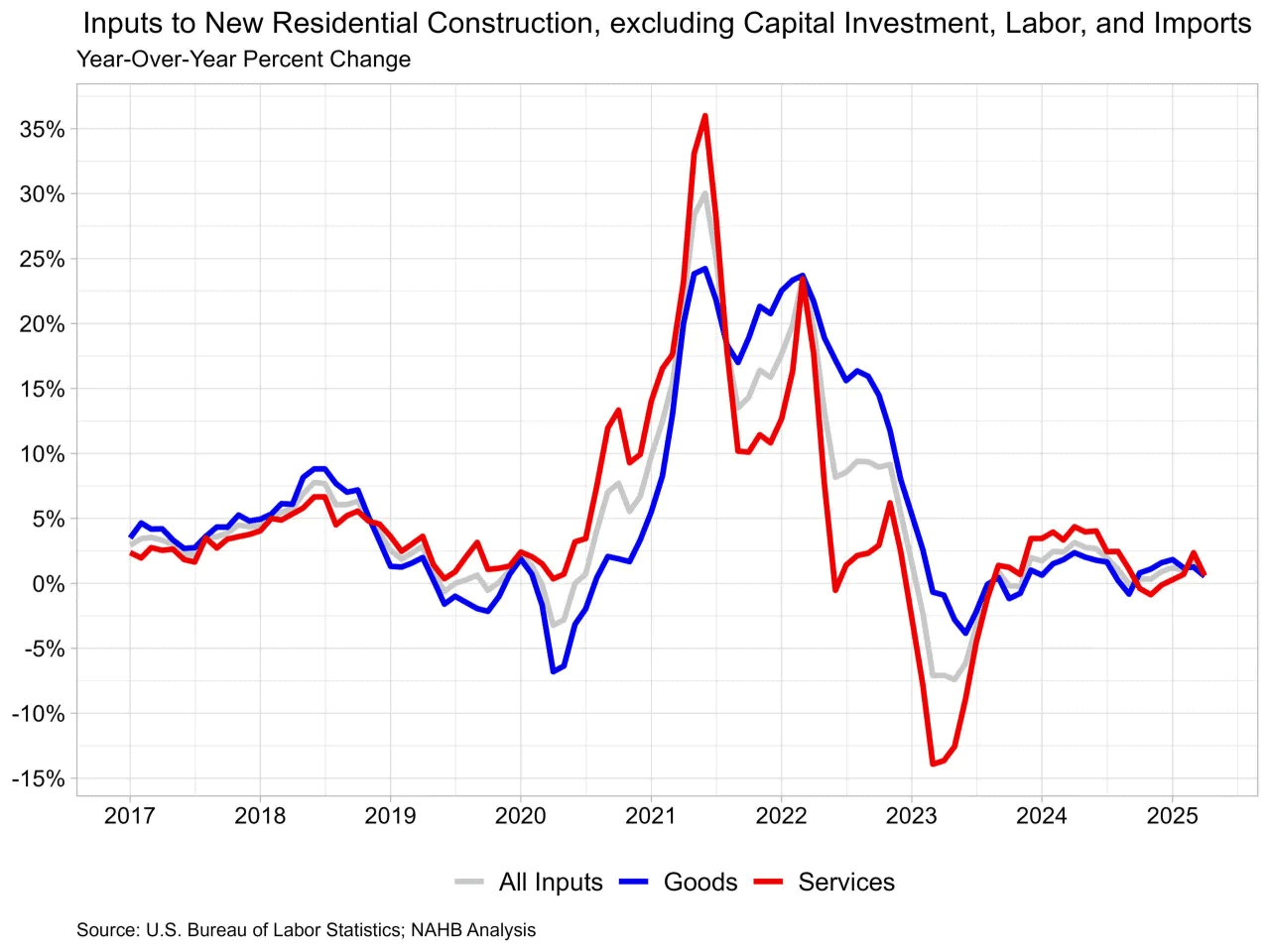
The Declining Influence of the U.S.
The United States, once considered the unrivaled leader of the global order, is now facing challenges that could undermine its dominance. Economic uncertainties, political turmoil, and a wavering international presence contribute to this decline. These factors could potentially lead to a significant reshaping of global leadership.
Economic Challenges
The U.S. economy, although still powerful, confronts numerous hurdles. National debt continues to soar, trade deficits are growing, and there’s a frantic search for sustainable growth. The recent increase in protectionism may provide short-term benefits but may weaken long-term global influence.
Political Turmoil
Internally, the U.S. is grappling with deep political divides that hinder its ability to project a strong international voice. From bipartisan gridlocks in Congress to ongoing debates about foreign policy, the internal climate affects its global standing.
China’s Rise to Power
As the U.S. faces these hurdles, China positions itself as a major contender for global leadership. With strategic investments and expansive economic policies, China is paving pathways that could lead to dominance.
Economic Strategy
China’s Belt and Road Initiative is a testament to its ambition of establishing a global network through infrastructure and trade. By creating ties with numerous countries across Asia, Africa, and Europe, China is enhancing its global influence.
Technological Advancements
China is also making strides in technology, leading in areas such as artificial intelligence and 5G. The government’s strong focus on tech innovation sets the stage for a future where China becomes a primary hub for technological advancements.
The Global Hegemon Scenario
With the current trajectory, China could soon assume a leadership role on the world stage. But what does a world dominated by China look like?
Economic Implications
If China’s influence continues to grow, we might see a shift away from a Western-centric economic model. This could redefine global trade rules, potentially favoring policies that align with China’s interests and strategies.
Political Influence
Politically, China’s emphasis on a multipolar world could provide a counterbalance to U.S. influence. This shift can lead to new alliances and collaborations that could redefine geopolitical boundaries and relationships.
Navigating the New Order
For businesses and governments, understanding these changes is critical to strategizing for the future. Adapting to a potential Sino-centric world order could provide opportunities for growth and collaboration.
Adapting Business Strategies
Companies may need to consider diversifying their markets, investing in emerging technologies, and building partnerships that align with China’s growing influence. Being proactive in these areas can position businesses better in a changing global economy.
Exploring New Alliances
Countries might also begin exploring new diplomatic strategies and alliances. Partnerships with China are likely to become more attractive, especially for nations looking to capitalize on its growing economic power.
Conclusion: The Future of Global Leadership
As the dynamics between the U.S. and China continue to evolve, keeping a pulse on these developments is essential for anyone involved in the global economy. The potential shift in power could redefine economic and political landscapes across the globe. Experts, analysts, and geopolitical strategists alike will closely watch this transition as it unfolds.
For business leaders and policymakers, staying informed and adaptable is key. Consider subscribing to global
economy newsletters or engaging with expert discussions to remain ahead in this ever-changing environment.






























